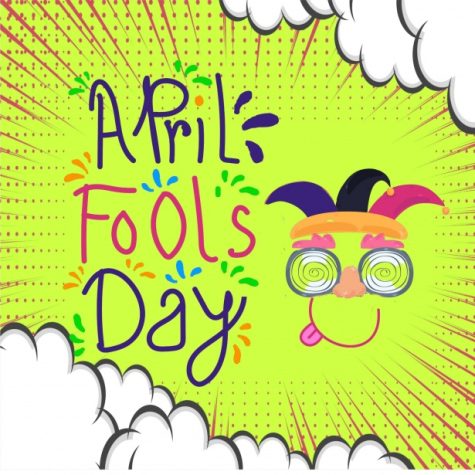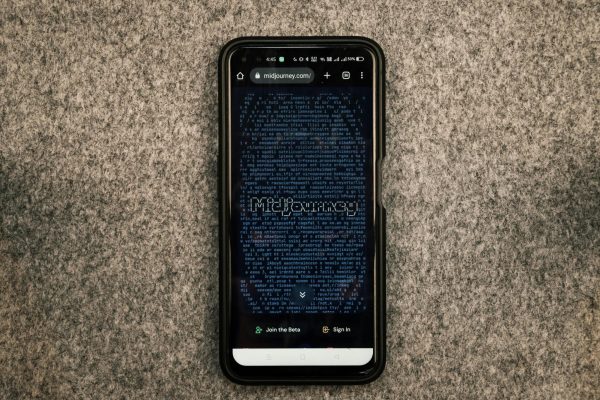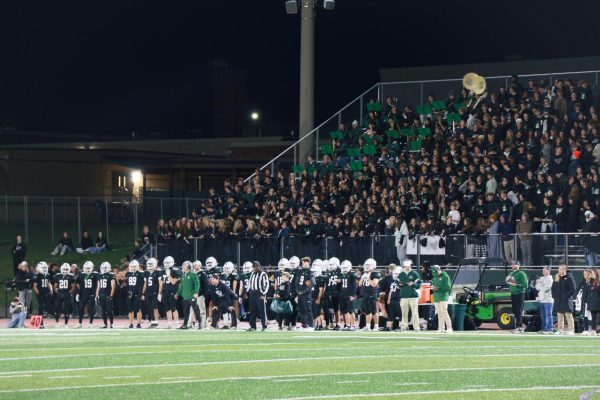The untold facts history of April Fool’s Day
Will Allison Wong, Buzz Communications Director, be successfully pranked by her brother on April 1st?

April Fool’s Day—whether in the form of a perfectly executed bucket booby trap or the piece of paper on your back with a questionable statement, we’ve all had our roles in this unofficial holiday. Maybe there’s just something enticing about getting revenge on a sibling with an excuse for it. But who is at fault for all of these pranks?
Some historians theorize that it all goes back to 1582, the year when France replaced the Julian calendar with the Gregorian calendar. Previously, the new year began on April 1st, and several people failed to recognize the change to January 1st. These people later became known as “April fools” and had fish placed on their backs as a sign of gullibility. Another hypothesis ties to the spring equinox, where mother nature tricks people with unpredictable weather patterns.
Regardless of how April Fool’s Day really originated, beginning in the 1700s, the idea of such a holiday gained popularity, turning into a two day event filled with, what was considered at that time, clever pranks. As for the present day, people spend months strategizing a huge scheme for this day. The media also uses this holiday as an opportunity to fool audiences with fictitious storylines. In 1996, Burger King employees were sure to have a laugh when clueless customers ordered the fake “Left-Handed Whopper” sandwich. The Canadian airline, WestJet, made a daring advertisement in 2008, deeming its overhead cabin bins as the most spacious out of any airline, charging passengers an additional 12 dollars for the luxurious experience.
So, keep an eye out for any suspicious news headlines and maybe, just for this day, trust nothing.
Except this article, of course.

Ethan Wong is a junior at Fayetteville-Manlius High School. This is his third year as a member of The Buzz, and he currently serves as Features Editor....













